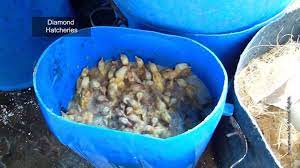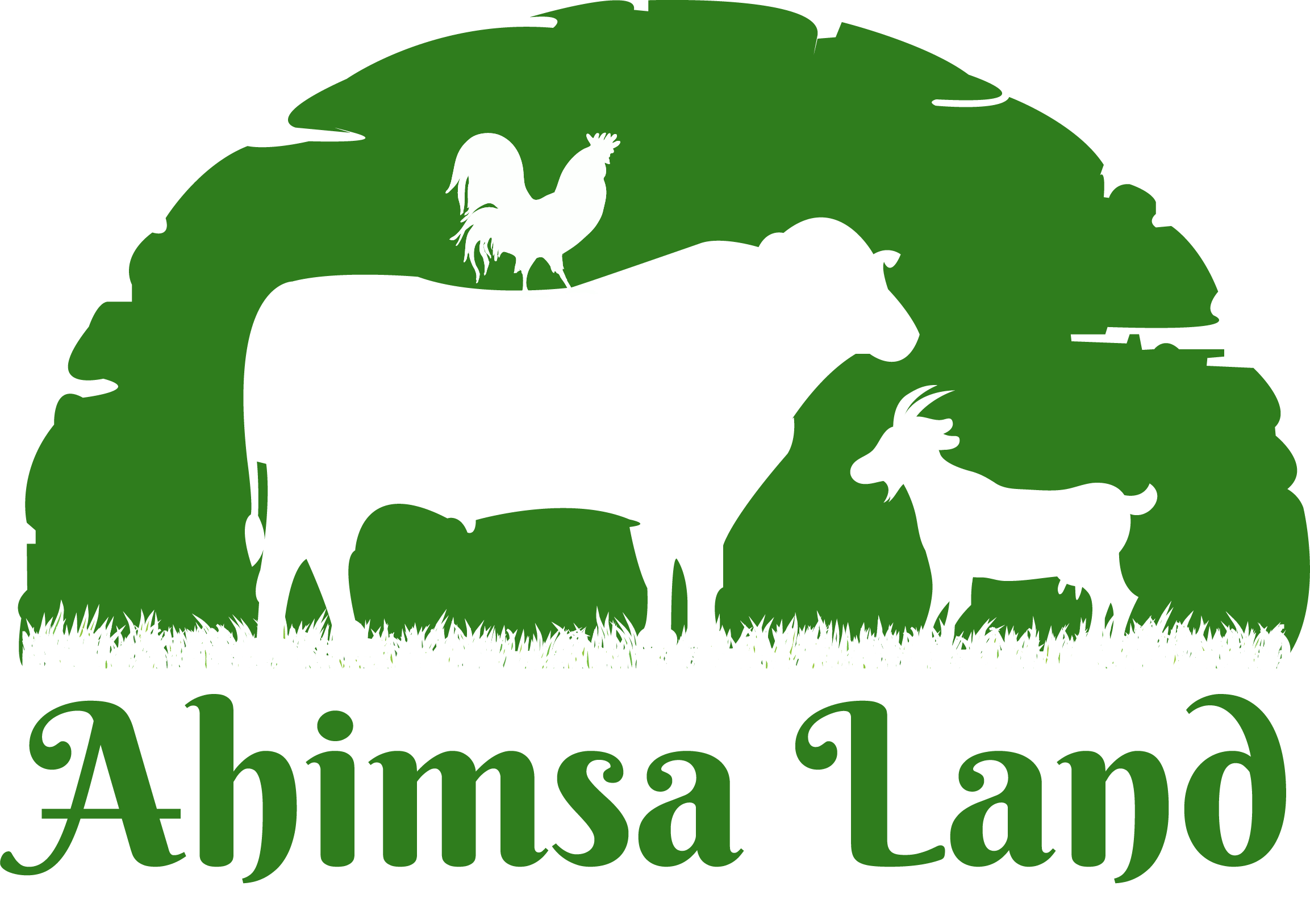To a mother hen, an egg is not just a shell. Her eggs are her future babies. They are the promise of life, a beginning she instinctively nurtures even before they come into the world. The sacred bond between a hen and her chicks begins long before the eggs hatch, and when we eat eggs, we destroy this beautiful connection completely.
The Natural Bond: A Story of Connection
A hen gets emotionally connected with her chicks even before she lays the eggs. There are hormonal changes in her body, the two main hormones being prolactin and progesterone, that prepare her not just physically, but emotionally for motherhood. She becomes more focused, gentle, and attentive, and if allowed to live a natural life, she will carefully choose a nesting spot and arrange it with precision in readiness for taking care of the eggs she is going to lay.

Once she has laid all the eggs that nature intended her to lay to start a brood, she begins ‘brooding’. Brooding is a hen’s natural behavior of sitting on her eggs to incubate them. She does this instinctively because of the very strong maternal instinct that develops in her at this stage. Once a hen begins brooding, she rarely leaves her eggs. She uses her body heat to keep the eggs warm, turning them around regularly, and they develop till they are ready to hatch. Over the 21-day incubation period, the embryos begin to come alive inside their shells and in response, the mother hen clucks softly, creating a two-way communication that deepens their bond even before birth. This maternal care is instinctive. No one teaches it to her. Her protectiveness, warmth, and nurturing are all part of her biological design.
What Chicks Need… and What We Deny Them
In nature, chicks rely on their mother not just for warmth and learning about what to peck, when to rest and how to behave when there is a threat, but they also rely on her to fulfill their emotional needs just like the babies of any other species. Her presence soothes them, lowers stress, and provides a sense of safety and identity. Through her voice, movement, and care, she teaches them how to survive and how to feel secure in the world. This is not very different from the bond between a human mother and her infant baby or growing child.

When we eat eggs, we deny mother hens this extremely important emotional bonding with her chicks… her babies. The workers in an egg farm take the eggs away as soon as the mother hens lay them, and put them in metal incubators where the newborn chicks can never see or hear their mothers before or after they hatch. We literally treat these little babies like lifeless objects. Within hours of coming out of their egg shells, employees throw them uncaringly into crates and then dump them on conveyor belts where other employees separate the male chicks from the females, almost always handling them roughly and without any compassion. Since male chicks, when grown, won’t lay eggs, workers kill the them by drowning them in tubs of water, suffocating them in plastic bags, burning them alive, grinding them in huge machines, or throwing them, dead or alive, into fish ponds for the fish to eat.
What happens to the female chicks? Employees cut off the end of the beaks of female chicks because chicks reared without a mother in this way are more fearful and more likely to develop behavioural problems, such as feather pecking. This debeaking is an extremely painful procedure because of the sensitive nerve endings in their beaks and the employees do this without using any anesthesia. Debeaking is actually a partial amputation of the bird’s beak, that cuts through bone, cartilage and soft tissue and is so painful that some birds die of shock on the spot, while others, unable to eat or drink, die slowly of starvation or dehydration. Those who survive endure chronic, lifelong pain in their disfigured beaks. The workers then cram these debeaked newborn babies into crowded enclosures where they grow without any maternal contact till they are sent to egg farms where they are cramped 5 birds to one cage and don’t have space to even spread their wings and have to stand on the wires of these cages that hurt and cause wounds on their feet. Their nails grow out in disfigured forms causing even more pain.


The result? What would you expect to feel if you were one of them? Chronic stress, fear, and abnormal behaviors. Scientific studies confirm that chicks raised without maternal care show heightened fear responses and long-term psychological trauma. What should have been a nurturing start to life becomes a mechanized process without any compassion or connection at all.
Imagine the Difference: Chicks vs. Human Babies
Imagine if you as a human baby, instead of being cradled by a loving parent, was dropped into a cold, loud enclosure with no comfort, no voice, no guidance. That is the reality for chicks in the egg industry.
We celebrate and nurture human infants. We give them the constant care, warmth, and the emotional interaction that is necessary for healthy development. In contrast, we ‘process’ chicks, little babies, for ‘productivity’. No one coos to them. No one comforts them. We treat them as units in a system instead of living beings with emotional needs.
What the Hen Feels
To the mother hen, her eggs are her children. She communicates with them, turns them carefully, and defends them fiercely. She will sometimes starve herself rather than abandon them. When we take her eggs, she shows signs of stress and confusion, pacing or vocalizing. This is not random behavior. It is grief and her loss is real. After all, she is a mother who has lost her babies.
Why We Should Say No to Eggs
More and more people are giving up eggs, not just for health or environmental reasons, but because of what they’ve learned about the suffering of these mothers and their babies.
- Empathy for chicks: Our hearts break when we learn that we grind millions of male chicks alive or suffocate them within hours of being born.
- Separation and isolation: The thought of chicks never knowing their mother evokes a deep sadness.
- The suffering of mother hens: It’s distressing to even imagine a life of being confined to cramped cages and being deprived of natural behaviors. The ‘layer’ hens live a life of utter misery.
- Living with compassion: For many of us, the choice of not eating eggs is an emotional and ethical stand for kindness and justice.
To a mother hen, her eggs are life itself. By choosing not to consume eggs, we honor that life and begin to live more in tune with our core values of empathy and compassion.
Want to take the next step?
Explore egg-free recipes, visit sanctuaries, or share this story. One compassionate choice can ripple out farther than you think.
